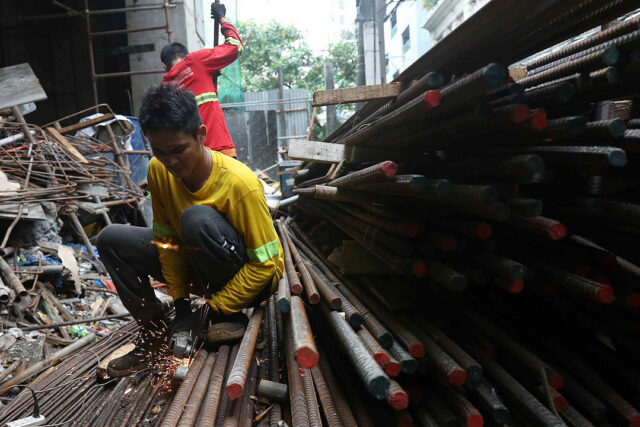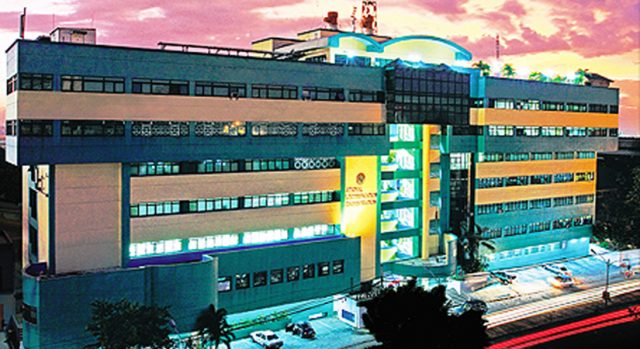A PRIVATE sector-led and government-supported national campaign was launched on Thursday to help create quality jobs and address jobs and skills mismatches following the success of a previous job creation program.
“This is the next season of the One-Million Jobs Program two years ago, and it is not just us but also PSAC, JobStreet by Seek, and SM Group, so we have a lot of private sector involvement to be able to focus on creating quality jobs,” Philippine Chamber of Commerce and Industry (PCCI) Executive Vice-President Ferdinand A. Ferrer said.
“This just started this year, but this will not be just a one-year project; this will go across multiple administrations. What we want to do is have a continuous, quality job-generating program,” he added.
He said the program hopes to create at least a million quality jobs in the first year of the campaign after hitting the target for the One-Million Jobs Program.
“If we can do more, the better. You know, actually, just between manufacturing, construction, and business process outsourcing, we can create a million jobs,” Mr. Ferrer said.
The new jobs, he said, will be in manufacturing, construction, digitalization, information technology, and business process management.
“In manufacturing, which includes all the manufacturing industries, we hope to create 150,000 to 180,000 jobs this year,” he said.
The campaign, he said, involves training to help upskill job applicants and reduce jobs and skills mismatches.
“TESDA is with us in this. That is why I’m saying that this is a multi-sectoral project because although it is the private sector that really gives the jobs, we need the government’s support through policies and regulations to make it easier for job seekers to get upskilled or reskilled,” he added.
On Thursday, the SM Foundation, Inc., JobStreet, and the PSAC signed a memorandum of agreement, which marked the commencement of the national campaign, Trabaho Para sa Bayan: J.O.B.S (Jobs Opportunities Building Skills).
Under the agreement, SM and JobStreet will collaborate in conducting hybrid job fairs, with the on-ground fair being enabled by SM Supermalls and the digital leg being enabled by JobStreet.
For May, SM will be hosting job fairs in SM City San Jose Del Monte, SM City San Pedro Laguna, and SM City General Santos.
Aside from the on-ground and online job fairs, JobStreet will also offer upskilling features in its Trabaho Para sa Bayan: J.O.B.S Career Hub, where job seekers can take advantage of career tips from experts and free resources such as resume and cover letter templates.
“The primary objective of this campaign is to generate quality jobs for Filipinos and address the job skills mismatch. This is very important to support nation-building through upskilling and job matching,” said JobStreet Philippines Managing Director Dannah Majarocon. — Justine Irish D. Tabile












